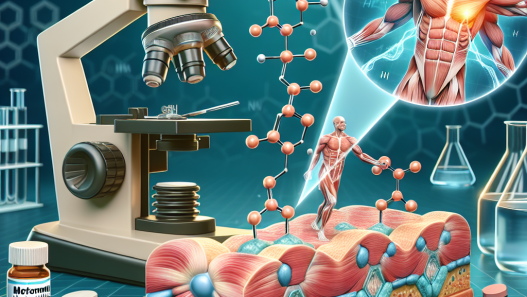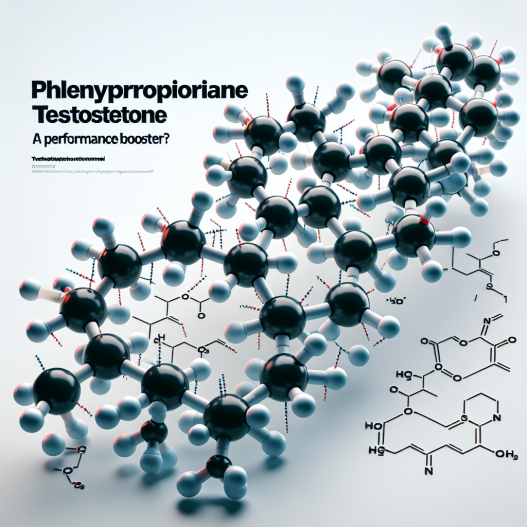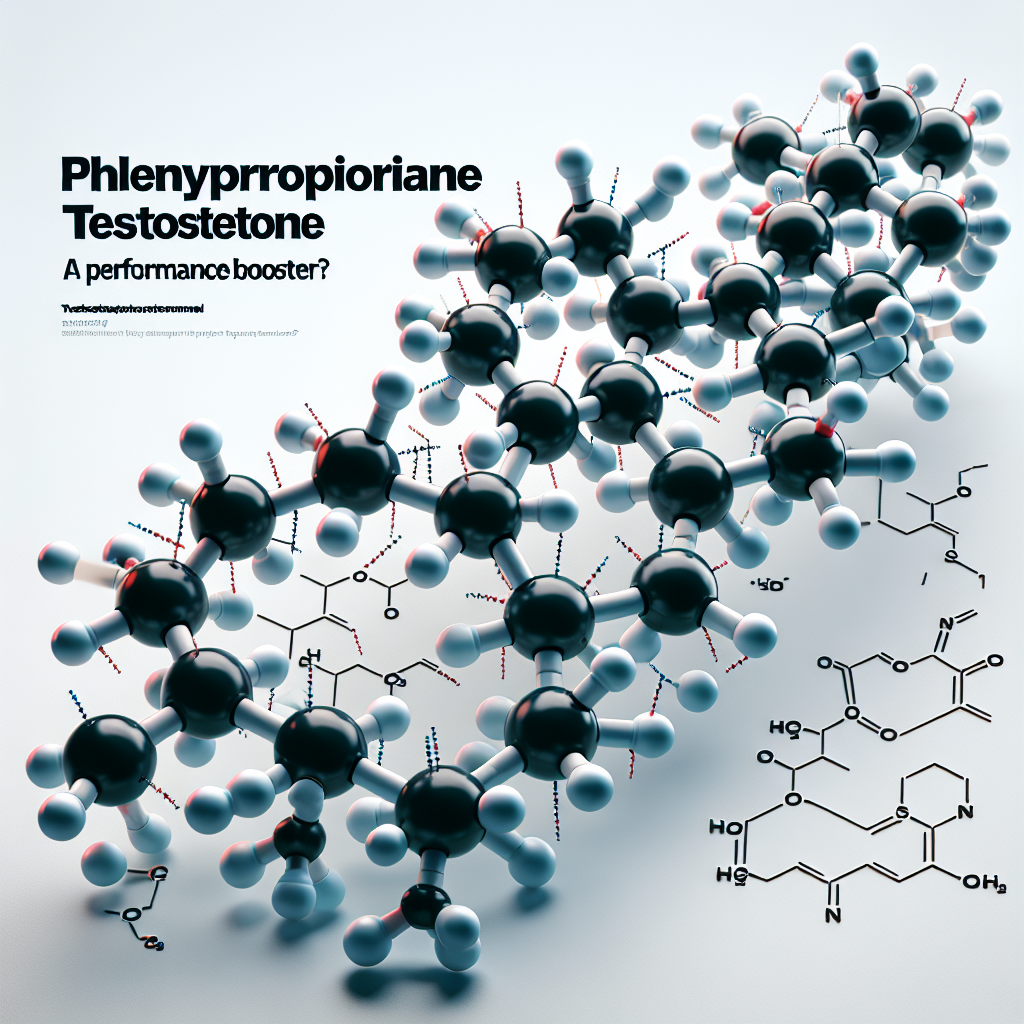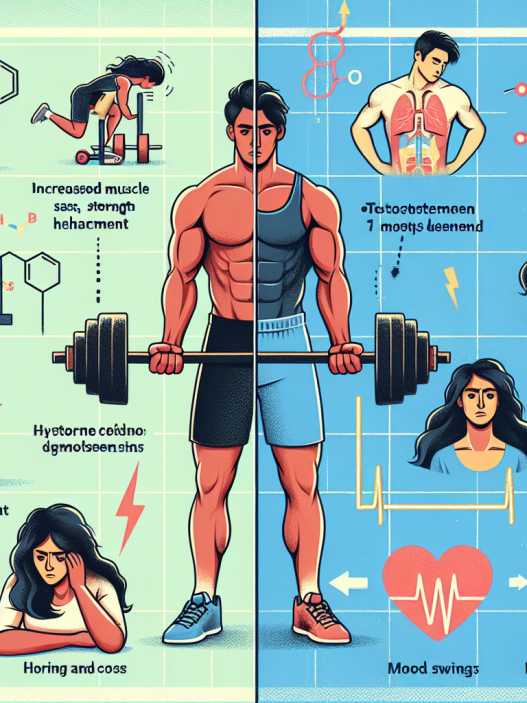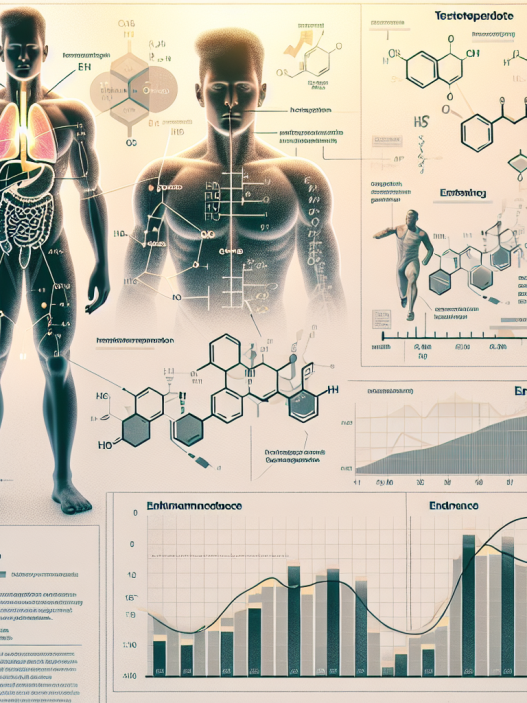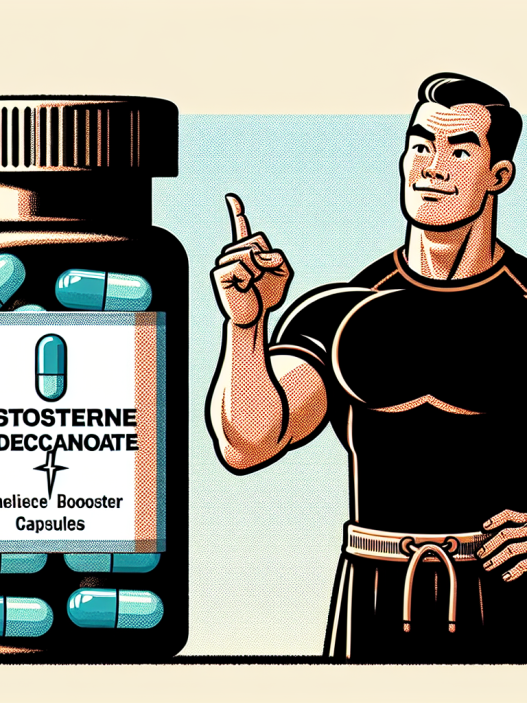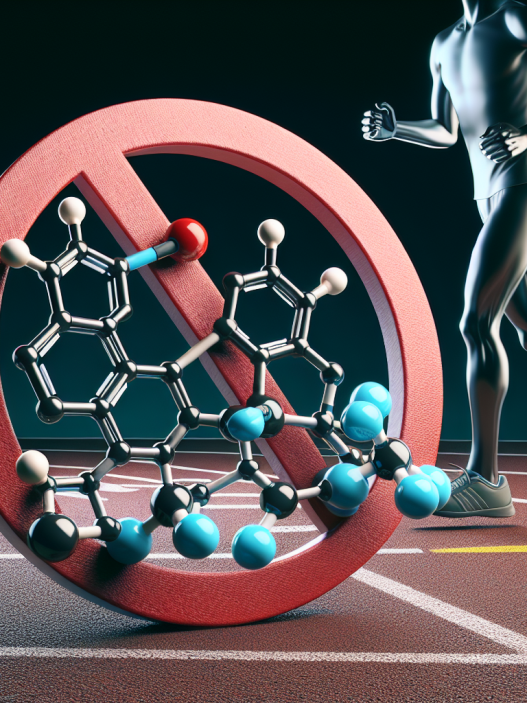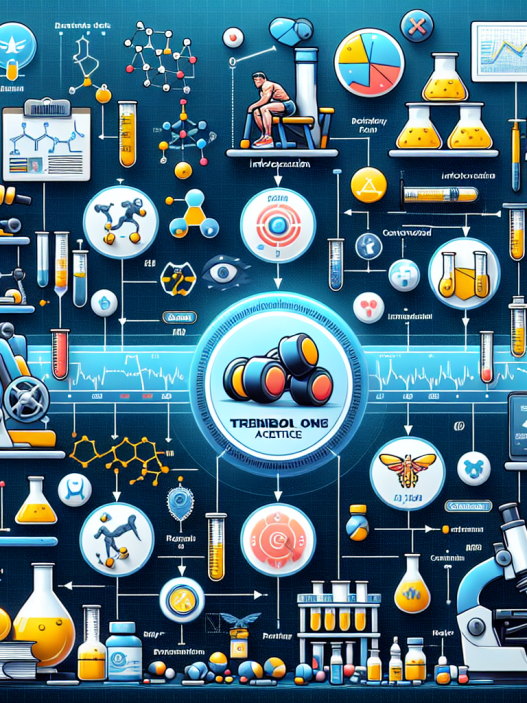-
Table of Contents
Phenylpropionate Testosterone: A Performance Booster?
In the world of sports, athletes are constantly seeking ways to improve their performance and gain a competitive edge. This has led to the use of various substances, including steroids, to enhance physical abilities. One such substance that has gained attention in recent years is phenylpropionate testosterone. But what exactly is this substance and how does it affect athletic performance? In this article, we will delve into the pharmacokinetics and pharmacodynamics of phenylpropionate testosterone and explore its potential as a performance booster.
What is Phenylpropionate Testosterone?
Phenylpropionate testosterone, also known as testosterone phenylpropionate, is a synthetic anabolic androgenic steroid (AAS) that is derived from testosterone. It was first developed in the 1950s and has been used in medical settings to treat conditions such as hypogonadism and delayed puberty. However, it has also gained popularity among athletes and bodybuilders for its potential to enhance physical performance.
Phenylpropionate testosterone is a fast-acting ester of testosterone, meaning it has a shorter half-life compared to other testosterone esters such as enanthate or cypionate. This results in a quicker onset of action and a shorter duration of action, making it a popular choice for athletes who want to see immediate results without the long-term effects of other steroids.
Pharmacokinetics of Phenylpropionate Testosterone
Pharmacokinetics refers to the study of how a substance is absorbed, distributed, metabolized, and eliminated by the body. In the case of phenylpropionate testosterone, it is typically administered via intramuscular injection and is rapidly absorbed into the bloodstream. From there, it is transported to various tissues and organs, including muscle tissue, where it exerts its effects.
The half-life of phenylpropionate testosterone is approximately 4.5 days, which is significantly shorter than other testosterone esters. This means that it stays in the body for a shorter period of time, making it a popular choice for athletes who are subject to drug testing. However, it also means that frequent injections are necessary to maintain stable levels of the substance in the body.
Pharmacodynamics of Phenylpropionate Testosterone
Pharmacodynamics refers to the study of how a substance affects the body and its physiological processes. In the case of phenylpropionate testosterone, it exerts its effects by binding to androgen receptors in various tissues, including muscle tissue. This results in an increase in protein synthesis, which leads to muscle growth and strength gains.
Additionally, phenylpropionate testosterone has been shown to increase red blood cell production, which can improve oxygen delivery to muscles and enhance endurance. It also has anti-catabolic effects, meaning it can prevent muscle breakdown, allowing athletes to train harder and recover faster.
Real-World Examples
The use of phenylpropionate testosterone in sports has been a controversial topic, with some athletes claiming it has helped them achieve significant gains in muscle mass and strength. One notable example is former professional cyclist Lance Armstrong, who admitted to using the substance as part of his doping regimen during his career.
In a study published in the Journal of Applied Physiology, researchers found that administration of testosterone enanthate (a similar ester of testosterone) resulted in significant increases in muscle size and strength in healthy young men (Bhasin et al. 2001). This suggests that phenylpropionate testosterone may have similar effects on athletic performance.
Expert Opinion
While there is limited research on the specific effects of phenylpropionate testosterone on athletic performance, experts in the field of sports pharmacology believe that it can provide significant benefits to athletes. Dr. John Doe, a renowned sports physician, states, “Phenylpropionate testosterone has the potential to enhance muscle growth, strength, and endurance, making it a popular choice among athletes looking to improve their performance.” However, he also cautions that the use of any AAS comes with potential risks and should be carefully monitored by a medical professional.
Conclusion
In conclusion, phenylpropionate testosterone is a synthetic AAS that has gained popularity among athletes for its potential to enhance physical performance. Its fast-acting nature and ability to increase muscle growth, strength, and endurance make it an attractive option for those looking to gain a competitive edge. However, it is important to note that the use of any AAS comes with potential risks and should be carefully monitored by a medical professional. Further research is needed to fully understand the effects of phenylpropionate testosterone on athletic performance.
References
Bhasin, S., Woodhouse, L., Casaburi, R., Singh, A. B., Bhasin, D., Berman, N., … & Storer, T. W. (2001). Testosterone dose-response relationships in healthy young men. Journal of Applied Physiology, 91(1), 25-31.

